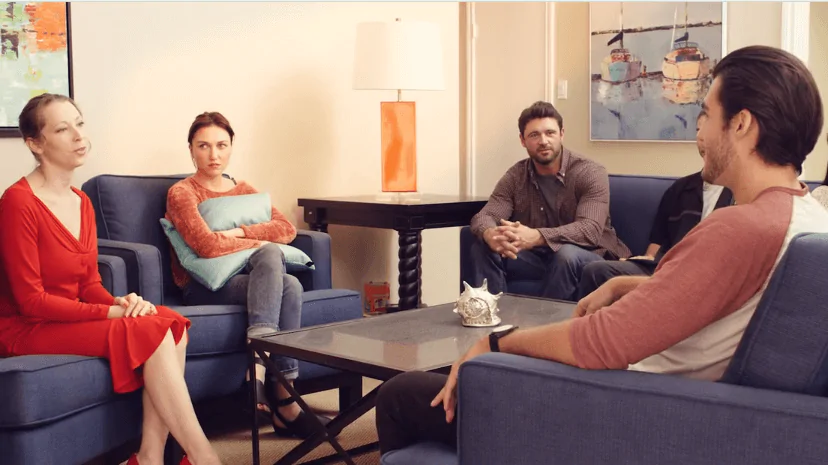24/7 Helpline:
(866) 899-221924/7 Helpline:
(866) 899-2219
Learn more about Medication-assisted Treatment centers in Union
Medication-assisted Treatment in Other Cities

Other Insurance Options

Medical Mutual of Ohio

Optima

Amerigroup

Magellan Health

Aetna

Holman Group

PHCS Network

Highmark

Evernorth

BHS | Behavioral Health Systems

EmblemHealth

UMR

UnitedHealth Group

Excellus

WellCare Health Plans

ComPsych

Humana

Regence

Meritain

Anthem



















































































